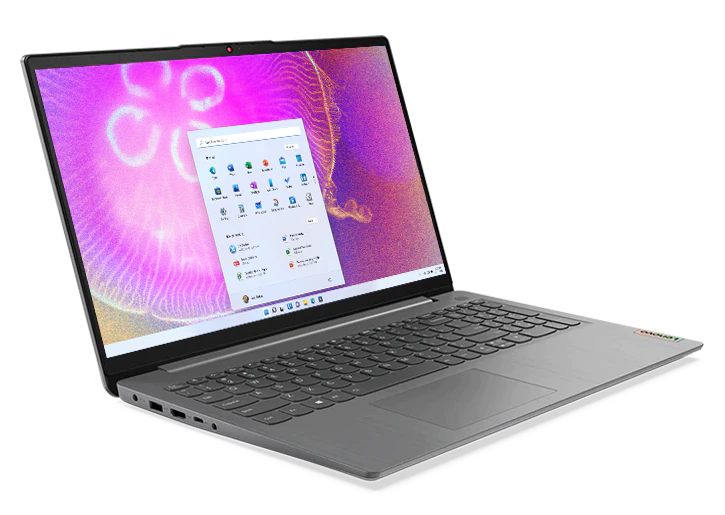If your old laptop is starting to show signs of age and is suffering from issues such as long loading times for applications or frequent crashes, then it may be a sign to upgrade it. Most laptops tend to have a useful life before they start showing signs of age and need to be replaced. It is a simple fact that operating systems improve, and as time advances, so too do the complexity and system requirements of many applications. Shopping for a new laptop can often be a daunting experience if you are not fully tech-savvy or do not have a full understanding of what the laptop will be used for. This article seeks to make the process of buying a new laptop easier by explaining three key thoughts to consider before upgrading.
What are its main uses?
By far, the most important consideration to understand before purchasing a new laptop is what the main purpose it will serve is, as most laptops have a lifespan of between two and four years. The purpose of a laptop largely defines the tech specifications it will need to undertake certain tasks. For example, if the laptop will only be used for word processing and surfing the internet, a lower specification model should be able to handle these tasks perfectly. In such circumstances, a netbook would be a good choice. Netbooks tend not to have the same processing or graphics power as other models of a laptop but tend to be far cheaper to buy as a result. Conversely, if gaming or tasks that demand high amounts of graphics processing (such as CAD) are needed to be undertaken, a more expensive laptop with a dedicated graphics card and fast CPU with many cores should be considered.
Does it need to be portable?
If you plan to use a laptop on the go or for business use where you will commute with it, then portability is a key factor. In such circumstances, a lightweight laptop such as those offered by lenovo.com will make an excellent choice as this range are both highly portable and powerful enough for a wide range of tasks. Conversely, if the laptop is going to be used mainly for gaming at home or will be a permanent fixture in a home office, then portability is not such a prime concern. Lighter laptops are often more expensive than heavy, bulky ones, especially if they are running on high-spec components.
Audio considerations
If one of the prime reasons for buying a new laptop is to stream the latest movies or box sets on services such as Netflix or to watch content on YouTube, then audio is a key component to consider. Many modern laptops have integrated speakers that can provide a good quality of overall sound. Still, at the cheaper end of the laptop spectrum, the sound quality may be noticeably poorer. Depending on your budget, you may choose to purchase a laptop that is recognized for its audio quality. However, it is worth remembering that aftermarket speakers can be linked to most modern laptops, which may dramatically improve the sound quality of the device. If space and portability are not an issue, buying a budget laptop for streaming and using external speakers to boost the audio quality can be more cost-effective.


 Home
Home









